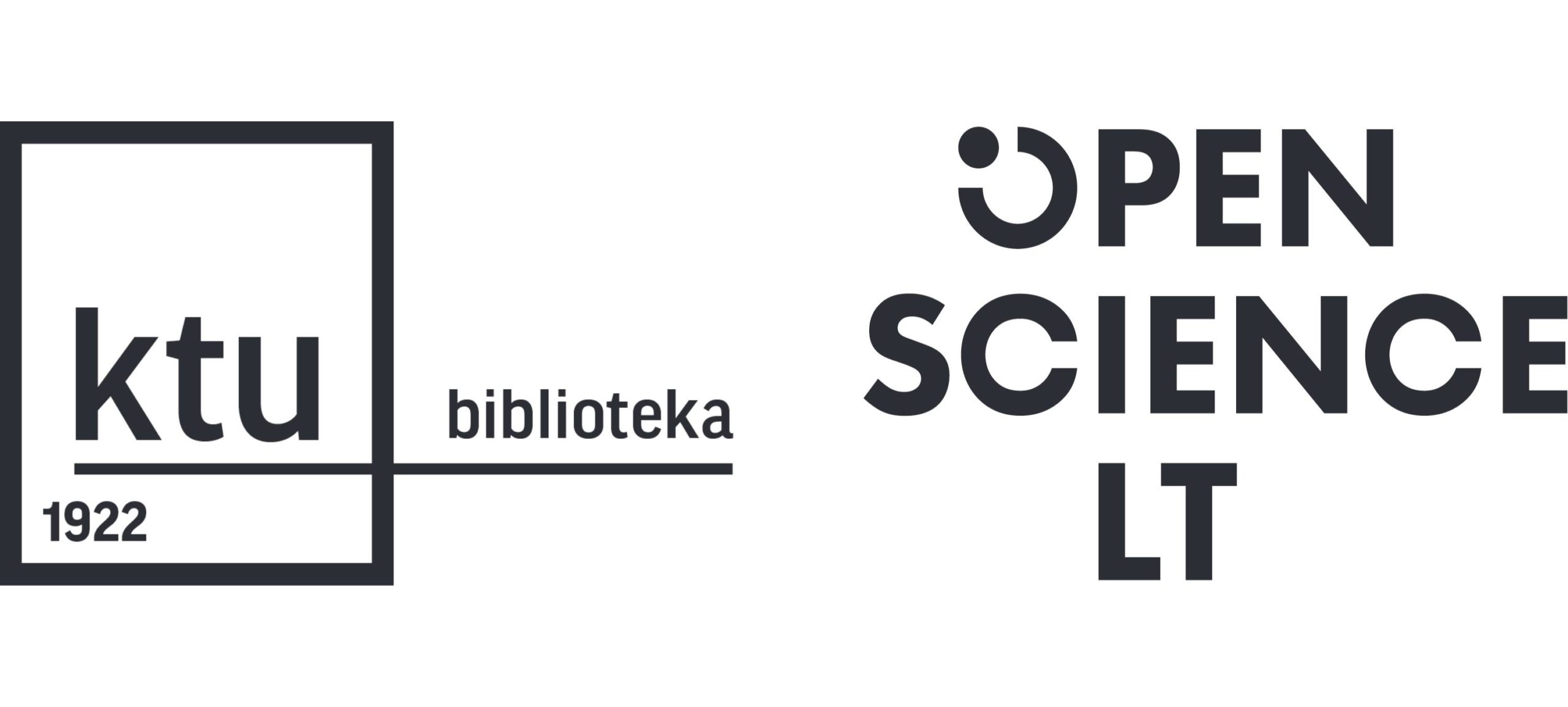Copyright
Copyrights are the author’s economic and moral rights in the created intellectual (artistic, technical or other) work.
Copyright is an important part of intellectual property. Copyright regulates the author’s rights to the authorship of a work and defines the author’s right to income from the usage of the work.
Bern Convention is signed by almost all countries of the world, and it applies for copyright. In Lithuania, copyright is regulated by the Law on Copyright and Related Rights, adopted in 1999. “Law on Copyright and Related Rights of the Republic of Lithuania”. (Valstybės žinios (State News) [interactive]. 1999, No. 50-1598).
As open access publishing grows, many funding institutions are adopting open access policy documents that ensure free access to research results and publications. This makes them more reusable.
The Sherpa/Juliet database contains the open access requirements for most science funding institutions. For more on copyright, see the learning module on Copyright, scholarly ethics, and plagiarism prevention.
Licences of creative communities
Authors (or their institutions) own the copyright of their research, but authors are often asked to transfer these rights to the publisher when their research is being published.
We encourage to choose publishers that allow authors to retain their copyrights, so that direct access can be granted. Ideally, the work should be licensed under an open license so that access and re-use rights are clearly defined for each end user. Creative Commons licenses are very suitable for this.
Creative Commons (CC) is a non-profit organisation whose aim is to help authors to share their works, and to create on the basis of others’ works without infringing copyright. For more on Creative Commons, see the learning module on Copyright and Creative Commons licenses.

